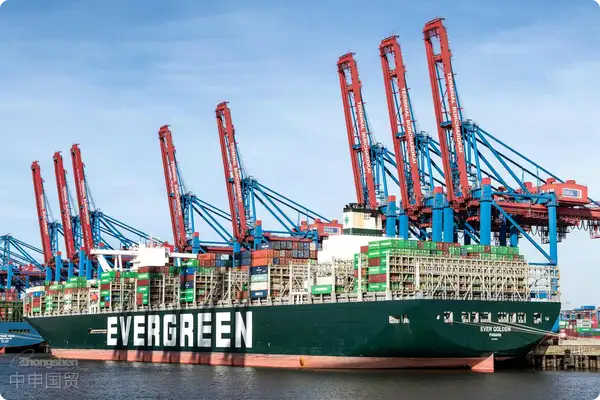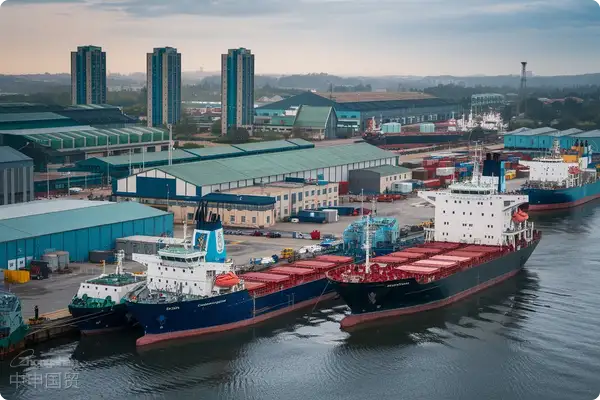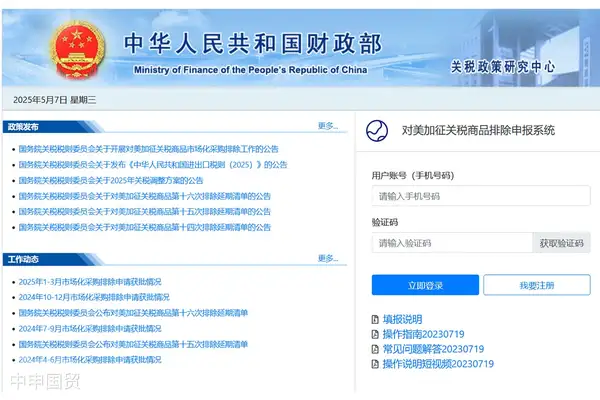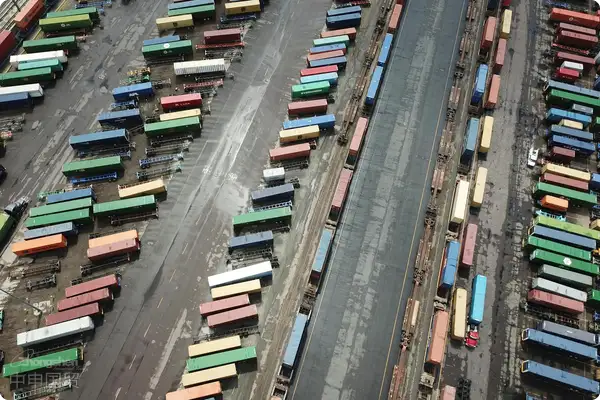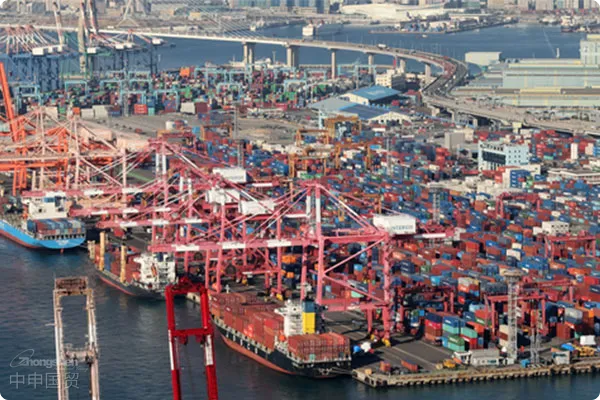- Shanghai Zhongshen International Trade Co., Ltd. - Two decades of trade agency expertise.
- Service Hotline: 139 1787 2118
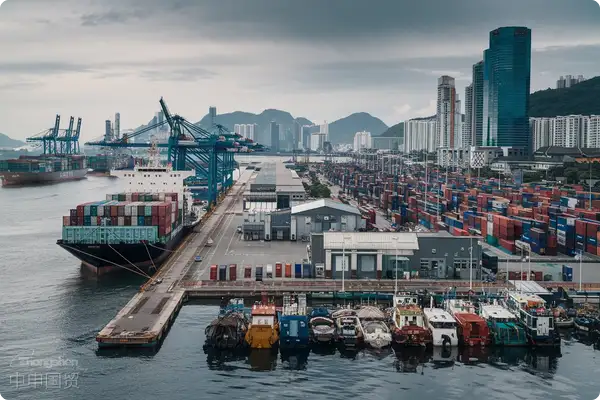
Under the Lion City's trade hubequipment. For example, Indonesia has the SNI certification, Thailand has the TISI certification, and the Philippines has the BPS certification. It is necessary to confirm in advance the equipment voltage (such as 380V/50Hz in Thailand), the compatibility of the CE certification, and the proof of environmentally friendly materials.New dynamics
As the world's third-largest financial center, Singapore's machinery and equipment import value is projected to exceed S$42 billion in 2025. Under the strict trade control framework, the service value of professional customs brokerage has become increasingly prominent. Local customs data shows that companies using professional agents experience an average reduction of 3.2 working days in customs clearance time, with violation penalty rates decreasing by 72%.
Three core challenges in equipment import clearance
First challenge:The dynamically changing import control list requires companies to maintain policy sensitivity. Singapore Customs updates the Strategic Goods Control List quarterly, with 18 product categories including precision machine tools and testing equipment requiring strategic goods licenses.
Second challenge:Complex HS code classification directly impacts tariff costs. Taking industrial robot systems as an example, the main body falls under 8462.21 while the control system is classified under 8537.10, with tariff rate differences of 3%-7% between different components.
Third challenge:Strict quarantine inspection procedures may cause port detention risks. According to Singapore AVA regulations, equipment with hydraulic systems must provide lubricant MSDS reports, and explosion-proof equipment requires TüV certification documents.
Key competency matrix for professional agency services
- Regulatory interpretation capability
- Synchronize updates with revised clauses of Singapore's Customs Act
- Accurate matching of product characteristics with control catalogs
- Document management system
- Pre-review commercial invoice and packing list compliance
- Prepare tax documents compliant with GST requirements
- Logistics coordination network
- Connect with PSA port area priority inspection channel
- Coordinate storage in dedicated hazardous goods warehouses
- Emergency response mechanism
- Document correction completed within 48 hours
- Professional legal support for dispute declarations
Comparative cost-benefit analysis
Actual case from a precision instrument manufacturer shows:
- Self-declaration group:Took 23 days, incurred port demurrage fees of SGD 8,200, and paid additional taxes of SGD 12,500 due to HS code errors
- Agent service group:Customs clearance completed in 9 days, agent fees of SGD 4,800, with tariff optimization savings of SGD 9,700
Four dimensions for selecting agent services
- Industry experience: Focus on the number of successful cases where the agent handled similar equipment
- Service network: Verify whether it has special handling capabilities such as hazardous material transportation and constant-temperature warehousing
- Pricing model: Be cautious of package quotes containing hidden fees, prioritize segmented pricing schemes
- Value-added services: Evaluate the value of extended services such as customs training and AEO certification guidance
Risk warnings in typical cases
In 2024, a technology company entrusted a non-professional agent to import semiconductor equipment:
- Failed to identify the equipment contained controlled-level laser components
- Incorrect declaration resulted in 2-month cargo detention
- Ultimately incurred SGD 280,000 in compliance rectification costs
Comparative case: A manufacturing enterprise using professional agents:
- Proactively identified the equipment required strategic material license application
- Split declaration to reduce tariff base
- Utilize FTA preferential tax rates to save 11.2% costs
Response suggestions for 2025 customs clearance new regulations
For Singapore Customs' upcoming mandatory electronic declaration verification system, it is recommended to choose agency service providers with the following qualifications:
- TradeNet system Level 3 operation permissions
- Certified electronic signature certificate
- API direct connection interface with Customs Data Center
Related Recommendations
? 2025. All Rights Reserved. Shanghai ICP No. 2023007705-2  PSB Record: Shanghai No.31011502009912
PSB Record: Shanghai No.31011502009912
